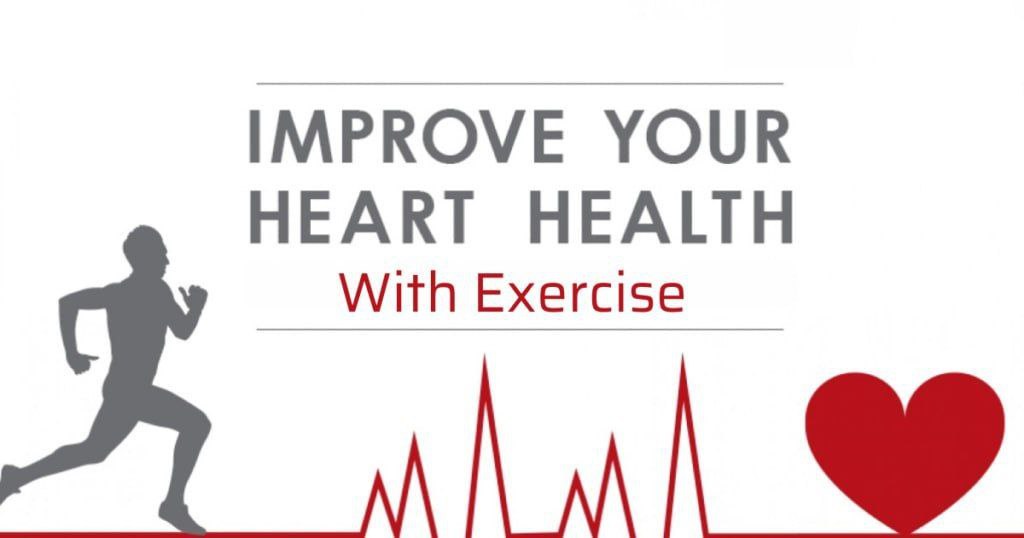
Cardiovascular health and exercise play a crucial role in post-recovery periods, whether someone is recovering from an injury, surgery, or illness. Here are the benefits and considerations:
- Improved Heart Health: Cardiovascular exercises, such as walking, cycling, swimming, or jogging, strengthen the heart muscle, improve circulation, and lower blood pressure. This is beneficial for individuals recovering from cardiovascular events like heart attacks or strokes.
- Enhanced Endurance and Stamina: Engaging in cardiovascular exercise helps increase endurance and stamina, making it easier to perform daily activities and regain functional capacity after a period of illness or inactivity.
- Weight Management: Cardiovascular exercise burns calories and aids in weight management, which is important for individuals recovering from surgery, illness, or injury, as excess weight can strain the body and slow down the recovery process.
- Stress Reduction: Cardiovascular exercise releases endorphins, neurotransmitters that promote feelings of happiness and reduce stress and anxiety. This can be particularly beneficial for individuals dealing with the emotional toll of recovery.
- Improved Lung Function: Cardiovascular exercise improves lung capacity and oxygen uptake, which is crucial for individuals recovering from respiratory conditions or surgeries that affect breathing.
- Enhanced Mood and Mental Well-being: Regular cardiovascular exercise has been shown to improve mood, alleviate symptoms of depression and anxiety, and enhance overall mental well-being. This can be especially beneficial during the post-recovery period when individuals may be facing physical and emotional challenges.
- Reduced Risk of Chronic Diseases: Cardiovascular exercise lowers the risk of chronic diseases such as heart disease, stroke, type 2 diabetes, and certain types of cancer. For individuals recovering from illness, maintaining a healthy lifestyle through regular exercise can help prevent future health complications.
- Social Support and Engagement: Participating in group cardiovascular activities or exercising with friends and family can provide social support and promote feelings of connection and belonging, which are important for recovery and overall well-being.
- Gradual Progression and Safety: It’s important for individuals in the post-recovery period to start slowly and gradually increase the intensity and duration of cardiovascular exercise to avoid overexertion and injury. Consulting with a healthcare professional or physical therapist can help develop a safe and effective exercise plan tailored to individual needs and limitations.
- Consistency and Long-Term Benefits: Consistency is key when it comes to cardiovascular exercise. By incorporating regular exercise into daily life, individuals can experience long-term benefits for cardiovascular health, physical fitness, and overall quality of life.
In conclusion, cardiovascular exercise plays a vital role in post-recovery periods by promoting physical health, emotional well-being, and overall recovery. By incorporating regular exercise into their routine, individuals can accelerate the recovery process, reduce the risk of future health complications, and improve their quality of life.
